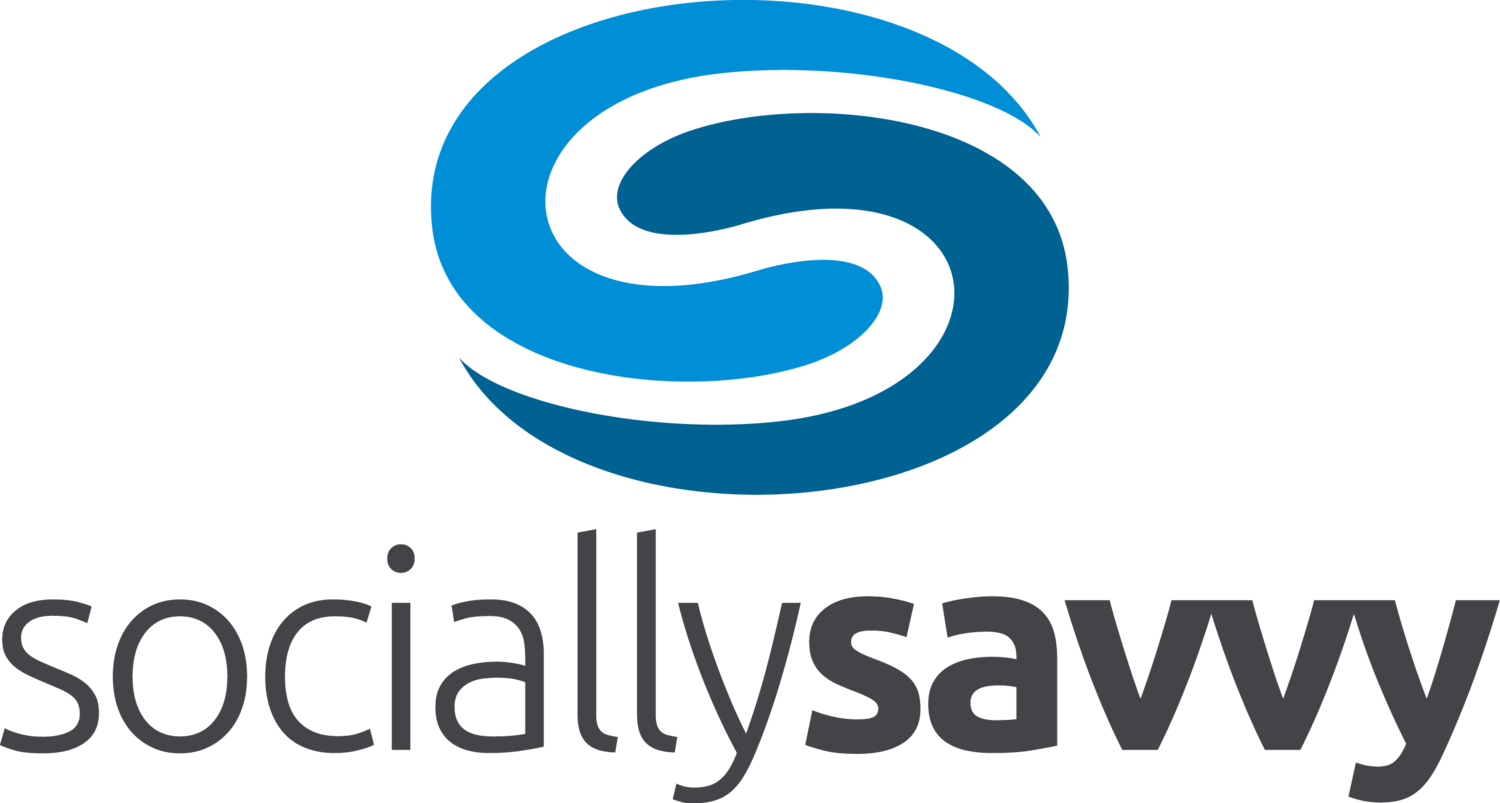More so than ever before, authenticity, transparency, and genuine intent are critical to building trusted personal and professional relationships, and as such, the ethical use of social media is paramount for individuals and organizations alike.
Ethics, by definition, is the concept of what is good, bad, right and wrong. In social media, the right ethics equals the right perspective and the right thinking on how to leverage social media appropriately and how to engage people in the right manner. Etiquette is a code of behavior within the context of our society. -Compukol
3 Pillars of Social Media Etiquette
Share your opinions with consideration and candor. A cup of sugar and a kind word goes a lot farther than aggressive engagement and interactions, particularly online where things can be misinterpreted. Being reactive and anything less than tolerant and open to the opinions of others will be met with disdain.
Intent counts more than technique. This phrase comes from Mahan Khalsa, author of the excellent book Let’s Get Real or Let’s Not Play. Sincerity of purpose will overcome style every time. Alignment of both will come with authenticity in communications.
Do not have "I" itis. In social media and social business, focus more on the goals and success of your network than your own voice and outcomes. Selflessly amplifying and extending the reach of others will meet with reciprocity. Over-index to assist others and it will come back to you. Consider a 10 to 1 rule in putting others first for every personal communication.
3 Key Brand Building Questions
Three questions to ponder when setting personal and professional brand building goals for on and offline communications are:
1. How do you want others to perceive you / your organization?
What are people’s current perceptions of your brand? Why?
What are the areas that need improvement?
How do you want people to feel when they experience and interact with you as a brand?
Who is my intended audience?
What content will I leverage to communicate (video, blog, image, quote, paper, etc.)?
2. How do you want to present yourself / your organization?
What are your core values, beliefs and behaviors?
What is my message?
3. What social channels are best suited to tell your story?
What do people see when they search for you on key social channels (LinkedIn, Twitter, SnapChat, Instagram, YouTube, Facebook, Pinterest, Beebee, etc.)?
What are the best mediums for conveying your message (images, video, text, etc.)?
On which social channels is your brand featured today? Where should it be presented to help you tell your authentic story to the right audience?
Take Aways
Address mistakes head on. Before you post on any social media platform, thoughtfully consider your content and potential comments to ensure that you are representing your authentic self, or organization. Professional communications should never be disparaging, defaming, or a misrepresentation. However, if you do err, acknowledge the mistake and take corrective action. You will find your network to be more forgiving and accommodating with candor and honesty rather than denial, countering comments, and disingenuousness.
Make security and privacy first class citizens in your social media and social business communications. Always make your and your network's privacy and security a primary concern. This may mean gaining approval to discuss specifics of a situation or socializing a particular post to simply raise awareness before sharing and posting.
Listen with your eyes on social media and internalize feedback, guidance and advice. We have all heard the expression, "You have one mouth and two ears." Employ a similar perspective when thinking about what you will post, and how you will interact online with your network and others. Your network is always providing feedback and it is critical to "hear" as well as be heard on social media.
Leveraging social media the right way and being a good digital citizen - both individually and as an organization - will build credibility and trust.

